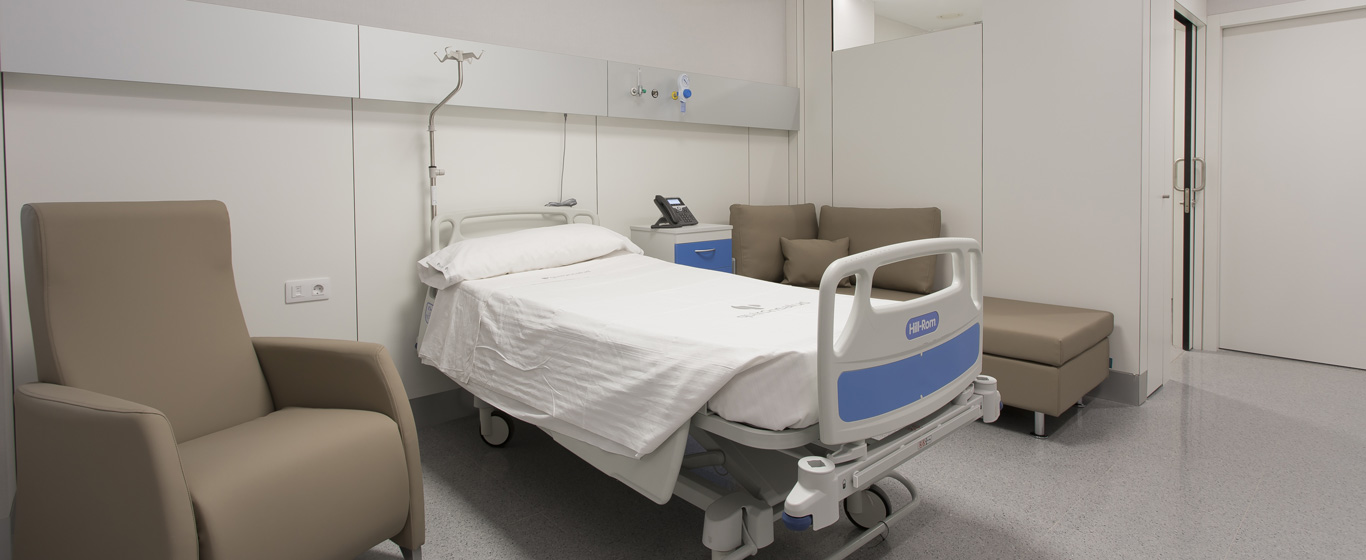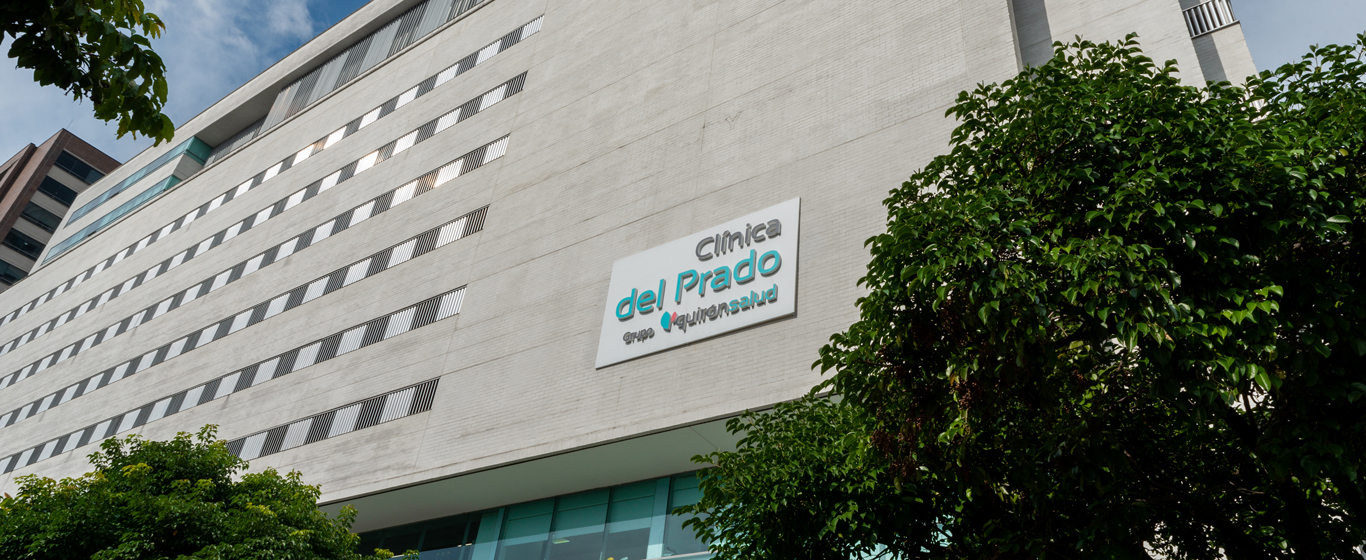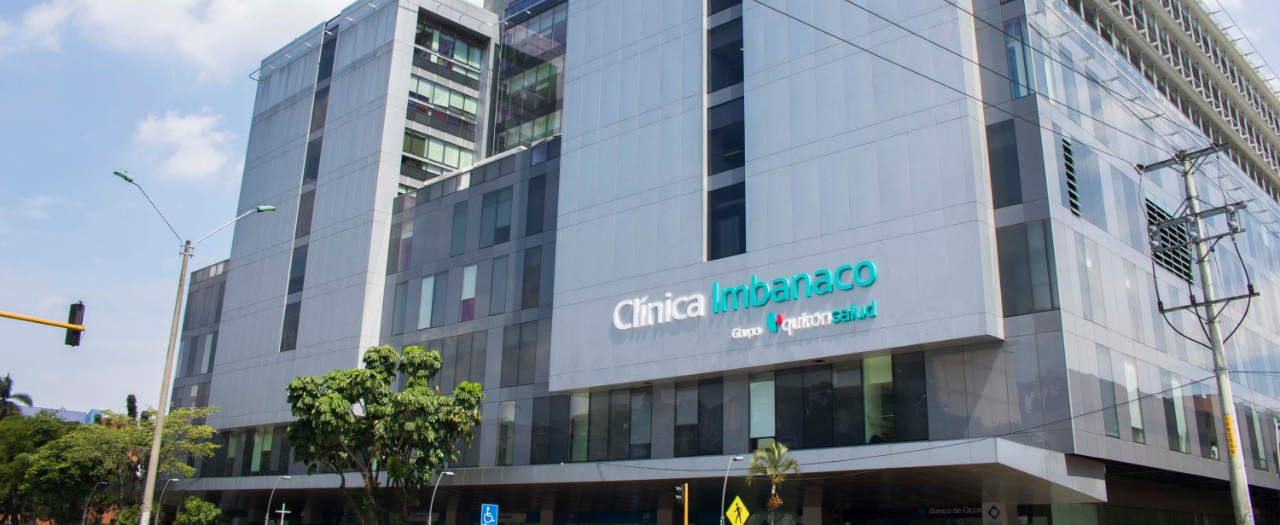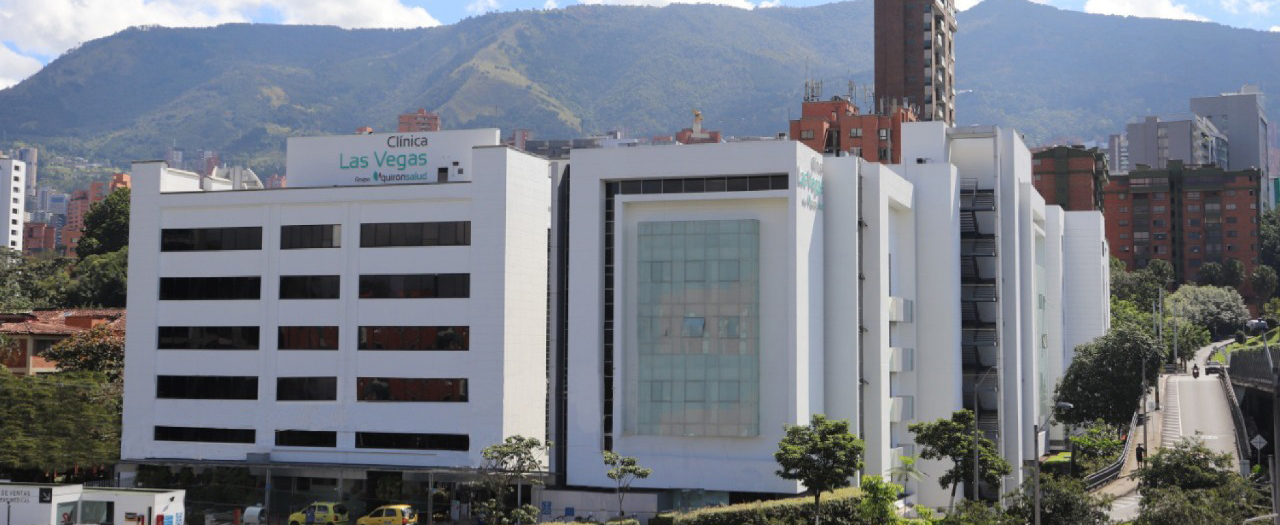Sinus Bradycardia
Is sinus bradycardia dangerous? All the information about its causes, symptoms, and the most effective treatments.
Symptoms and Causes
Sinus bradycardia is a type of arrhythmia where the heart beats at a rate of fewer than 60 beats per minute (bpm), when the normal resting heart rate for adults is between 60 and 100 bpm. While in some cases it does not indicate disease, for example in athletes, it is often a sign of abnormal cardiac stimulation.
When sinus bradycardia prevents the heart from pumping enough blood to oxygenate all the body's cells, it is considered a serious condition. However, it is common for it to show few or no symptoms.
The treatments for sinus bradycardia vary depending on the symptoms and causes. Sometimes it goes unnoticed and requires no therapy, while other times, patients may need surgical intervention to correct it.
Symptoms
Most people with sinus bradycardia are asymptomatic. Those who experience symptoms may suffer from:
- Dizziness, fainting, or syncope.
- Mental confusion or lightheadedness.
- Shortness of breath.
- Fatigue.
- Vertigo.
- Loss of consciousness.
- Chest pain (which intensifies if previously present).
Causes
Sinus bradycardia is divided into two major groups based on its causes:
- Physiological Sinus Bradycardia: It is a normal response of the body to certain situations and does not produce symptoms. It is usually due to:
- High-level training, generally aerobic exercise.
- Sleep.
- Standing for prolonged periods.
- Hypothermia.
- Pressure on the carotid sinuses (tight neckties, vomiting, coughing, etc.).
- Secondary Sinus Bradycardia: It occurs as a result of another disease or medical treatment:
- Aging (sinus node diseases can develop after age 50).
- Obstructive sleep apnea.
- Myocardial infarction.
- Heart diseases.
- Hypertension.
- Hypothyroidism.
- Anorexia.
- Blood chemical imbalances.
- Certain infections such as Legionnaires' disease, rheumatic fever, or typhoid fever.
- Antiarrhythmic medications, beta-blockers, or antidepressants.
- Heart surgery.
Risk Factors
Some of the risk factors associated with sinus bradycardia include:
- Advanced age.
- High blood pressure.
- High cholesterol.
- Smoking.
- Stress.
- Anxiety.
- Alcohol or drug consumption.
- Engaging in high-level exercise.
Complications
When sinus bradycardia is severe, patients may experience:
- Frequent dizziness.
- Heart failure: the heart does not pump enough blood, meaning organs do not receive the necessary oxygen to function properly.
- Sudden death.
Prevention
Although sinus bradycardia cannot be prevented, specialists recommend adopting healthy lifestyle habits to reduce the risks of developing heart disease. For example:
- Engaging in regular moderate exercise.
- Following a balanced diet.
- Maintaining a healthy weight.
- Monitoring blood pressure and cholesterol levels.
- Reducing stress.
- Avoiding tobacco, alcohol, and drugs.
- Having routine heart check-ups starting at age 45.
Which doctor treats sinus bradycardia?
Cardiologists and emergency physicians diagnose and treat sinus bradycardia.
Diagnosis
To diagnose sinus bradycardia, the following medical tests are performed:
- Physical exam to assess the patient's overall health, including cardiac auscultation to detect any irregularities in the heartbeats.
- Blood tests to check for possible alterations in cholesterol, sugar, thyroid hormones, or electrolytes.
- Electrocardiogram (ECG) to monitor the heart's rhythm and electrical activity. This may include a stress test to analyze its behavior during exercise.
- Holter monitor to record the heart's response for 24 hours.
Treatment
The treatment for sinus bradycardia depends on its characteristics. When asymptomatic and detected during tests for other reasons, only monitoring the patient's health is required. If it is caused by another disease, the underlying condition should be treated.
Severe sinus bradycardia that leads to heart failure may require the implantation of a pacemaker, which is a device that sends electrical signals to stimulate the heart muscle. This involves a minimally invasive surgical procedure.




















































































